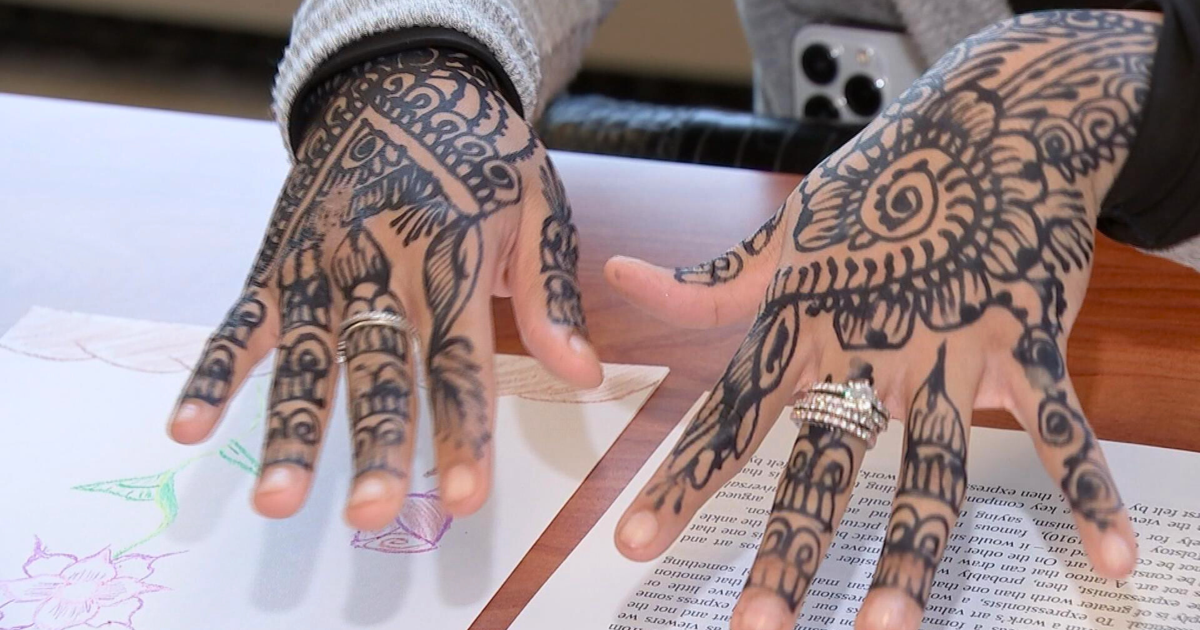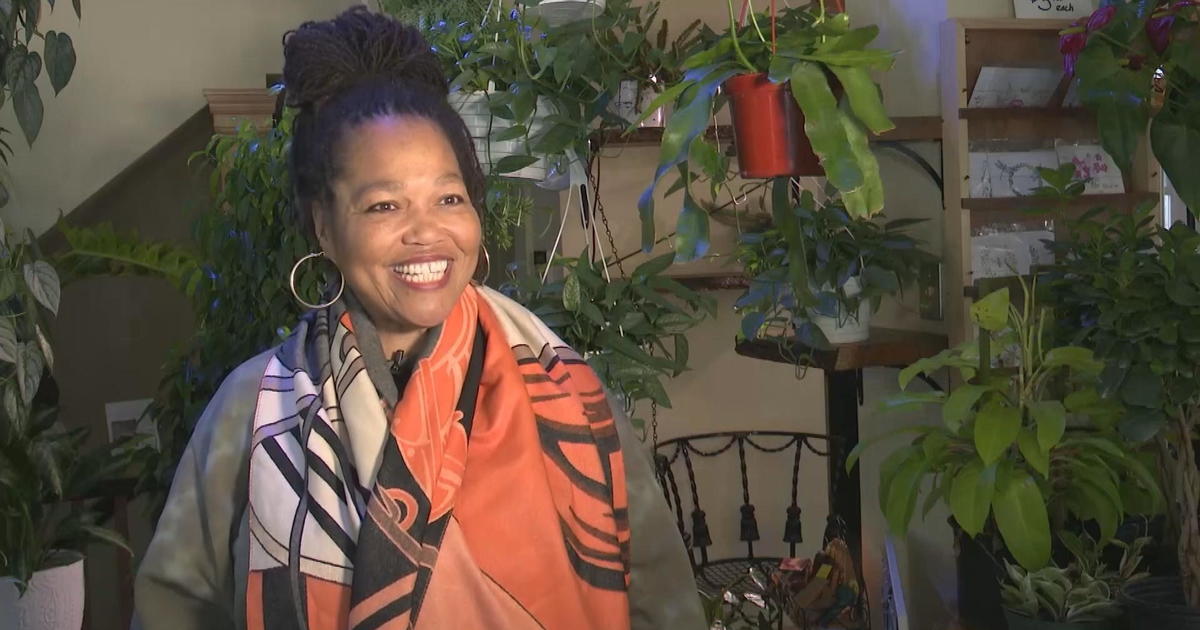'Puppy Dog Eyes' Evolutionary Trick Dogs Use To Get What They Want, Study Finds
PHILADELPHIA (CBS) -- A new study reveals the science behind puppy dog eyes. The study, published Tuesday by the National Academy of Sciences, says "puppy dog eyes" are an evolutionary trick that dogs use to get what they want.
It's been difficult for scientists to explain how dogs are able to emotionally communicate, and sometimes manipulate, their owners.
Children's Hospital Of Philadelphia Ranked No. 2 Children's Hospital In Country
"Most of the time he's looking at me with his big eyes asking for food," dog owner Irena Smith said.
Scientists have now learned it's more than the prospect of a treat that leads to those puppy dog eyes -- it's evolution.
"That sad puppy dog expression must have come into play sometime after the first dogs were domesticated," said Anne Burrows, the study's author and lead anatomist at Duquesne University.
Against All Odds, Philadelphia Cancer Survivor Proves Doubters Wrong With High School Diploma
Researchers in the U.S. and Britain compared the anatomy and behavior of dogs to wolves and found that over thousands of years dogs developed a distinct eyebrow movement that wolves don't have.
"That eyebrow movement hijacks our emotions, triggers some kind of nurturing or caregiving response like what you see in human parents paying attention to their own infants," Burrows said.
Experts say it makes their eyes appear larger, like a baby, creating what scientists call a "cute factor."
Researchers say it's a dog's face that helps bond them to their owners, even more than a lovable tail wag.
'He Had His Little Strut Back': Dog Owners Turning To Cryotherapy To Help Old, Sick Pets
In a prior study, researchers found that puppy dogs' eyes are so effective, that dogs with more expressive faces often get adopted faster from shelters.



